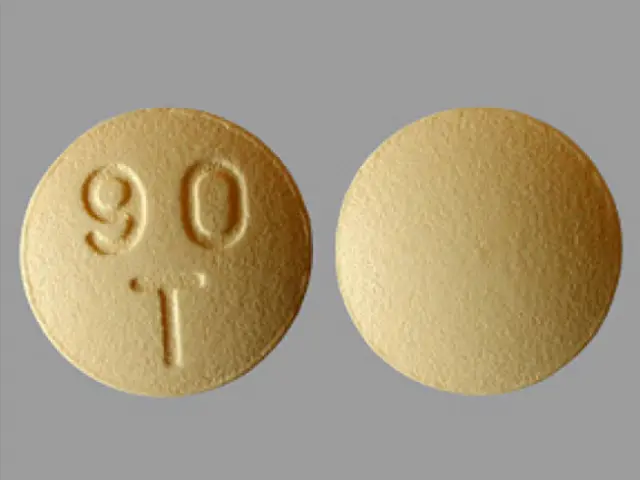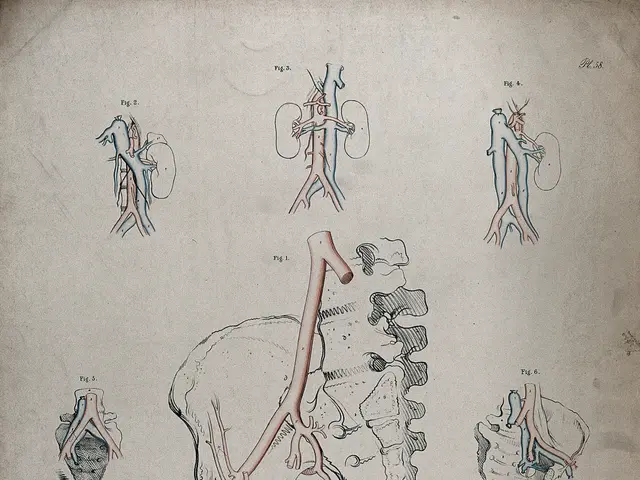Organ Donation: Should We Have an Opt-In or Opt-Out Approach?
Organ donation policies worldwide are a hot topic, with countries favoring either an opt-in or opt-out approach. To sort this out, a group of researchers from the UK scrutinized the donation practices of 48 nations to determine which approach performs best.
In an opt-in system, individuals must explicitly sign up to a registry to donate their organs post-mortem. Conversely, opt-out systems authorize organ donation automatically unless a specific request is made before death to withhold organs.
Prof. Eamonn Ferguson, lead author from the University of Nottingham, recognizes that these systems' reliance on an individual's proactive decision can result in drawbacks:
People may not act due to various reasons, such as loss aversion, inertia, or the belief that authorities have made the correct decision.
Inaction under an opt-in system may lead to missed opportunities for would-be donors who don't sign up (a false negative). Meanwhile, inaction in an opt-out system might lead to individuals who don't wish to donate becoming donors (a false positive).
The US currently operates under an opt-in system. Last year, over 28,000 transplants were made possible due to organ donors, with around 79 people receiving organ transplants every day. Regrettably, around 18 people pass away daily due to a shortage of donated organs.
Researchers from the University of Nottingham, University of Stirling, and Northumbria University examined the organ donation policies of 48 countries over a 13-year period. They found that countries opting for an opt-out system had higher total numbers of kidneys donated – the organ most in demand by those on organ transplant lists. Opt-out systems also recorded the greater overall number of organ transplants.
However, opt-in systems showed a higher rate of kidney donations from living donors. This influence of policy on living donation rates, according to Prof. Ferguson, is a new finding worthy of attention.
The study's limitations include not distinguishing between the varying degrees of opt-out legislation in different countries and not assessing other factors impacting organ donation. Nevertheless, the results – published in BMC Medicine – demonstrate that an opt-out consent may lead to an increase in deceased donations but a decrease in living donor rates. Transitioning to presumed consent also increases the total number of livers and kidneys transplanted.
The researchers suggest that these findings could guide future policy decisions and advocate for the routine collection and public dissemination of international organ donation data, such as consent type, procurement procedures, and hospital bed availability.
Prof. Ferguson proposes that future research should explore individual perspectives on the decision to opt in or opt out, using a mix of surveys and experiments to gain a deeper understanding of consent legislation’s impact on organ donation and transplantation rates.
While countries using opt-out consent still struggle with organ donor shortages, the findings suggest that changes in consent legislation or adopting aspects of the "Spanish Model" could potentially improve donor rates. Spain boasts the world's highest organ donation rate, with their success attributed to measures like a transplant coordination network and enhanced public information about organ donation.
Lately, Medical News Today highlighted the potential for farming animal organs for human transplants to resolve the organ shortage. However, this brings up questions regarding ethical concerns and possible solutions through policy changes.
References:[1] Cully, S., Das, S., Iglesia, C., & Harrison, S. (2006). The impact of consent policy defaults on organ donation rates. Transplantation, 82(11), 1786-1792.[2] Best, S. R., Best, K. L., Field, J. A., Kennedy, B. Y., & Smeeth, L. (2013). Organ donation, transplantation, and deaths due to car crashes: nationwide cohort study. PLoS medicine, 10(7), e1001466.
- The study published in BMC Medicine shows that opt-out consent systems, such as the one implemented in Spain, might lead to an increase in deceased donations but a decrease in living donor rates.
- According to the research, countries adopting an opt-out system, like Spain, have higher total numbers of kidneys donated, which is the organ most in demand by those on transplant lists.
- In the United States, which operates under an opt-in system, around 18 people die daily due to a shortage of donated organs, while approximately 79 people receive organ transplants every day.
- Researchers suggest that international organ donation data, such as consent type, procurement procedures, and hospital bed availability, should be routinely collected and publicly disseminated to guide future policy decisions aimed at improving donor rates.
- Recent news discussions have included the potential for farming animal organs for human transplants as a solution to the organ shortage, yet ethical concerns and potential policy changes are a topic of debate in the context of health-and-wellness, policy-and-legislation, and general news.








